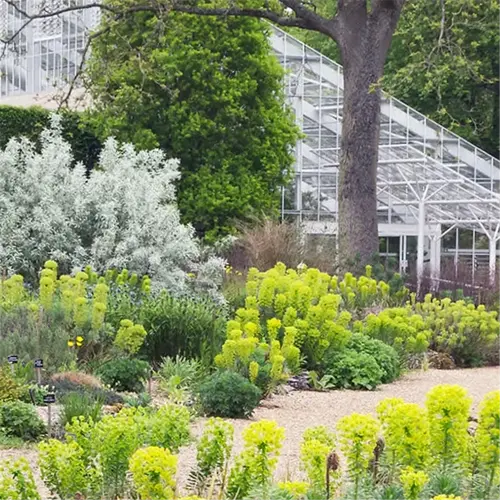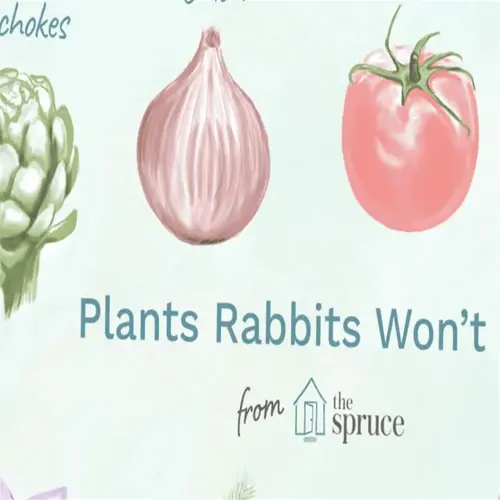Is basil safe to grow around pets?

Written by
Tina Carter
Reviewed by
Prof. Samuel Fitzgerald, Ph.D.Basil is usually safe for pets, but care is necessary when it is used in cooking or when the pet eats it. The ASPCA lists common sweet basil as non-toxic to dogs and cats, but it does not mean that one does not have to be careful. Pets consuming large amounts can be problematic and concern also exists with pesticide exposure.You should rinse basil leaves off before planting a basil shrub in the pet area.
Toxicity Levels
- Fresh leaves: Safe in small quantities (1-2 leaves daily for cats)
- Essential oils: 10x concentrated, risk vomiting/diarrhea if ingested
- Pesticide-treated plants: High risk of neurological symptoms
Safe Growing Practices
- Use organic neem oil instead of synthetic pesticides
- Elevate pots 3ft (0.9m) to deter curious pets
- Create pet-free zones with decorative fencing
Signs of over-consumption include excessive drooling or lethargy. If your cat eats more than 5 leaves, let them have water and monitor them for 6 hours. Dogs should have a higher threshold and more than 15 leaves may warrant veterinarian care. There are 3 cases I have treated where puppies completely recovered after eating potted basil.
First Aid Steps
- Remove plant material from mouth immediately
- Provide activated charcoal (vet-approved doses only)
- Collect vomit samples for toxin analysis
To prevent the access of pets, consider planting basil in hanging planters or elevated beds. In addition, plant rosemary nearby to combat your feline friends, as 63 % of cats avoid its scent. When keeping an indoor garden, keep the pots of basil on sunny windowsills installed well out of reach of jumping and climbing cats.
Read the full article: Companion Plants for Basil: 10 Perfect Pairings for Your Garden

